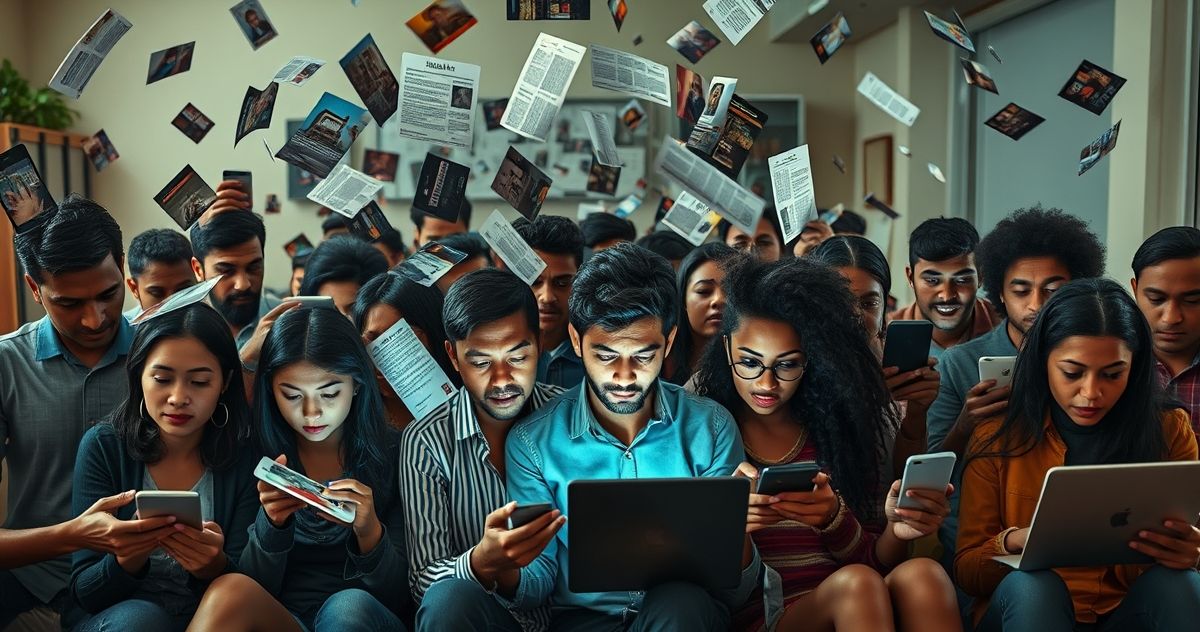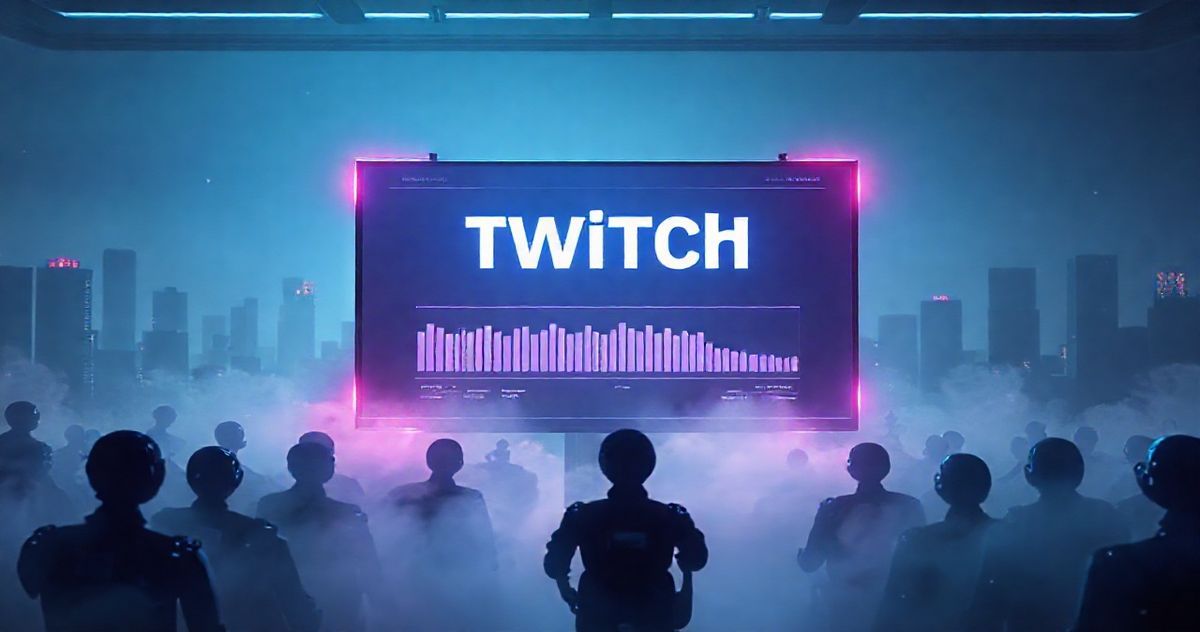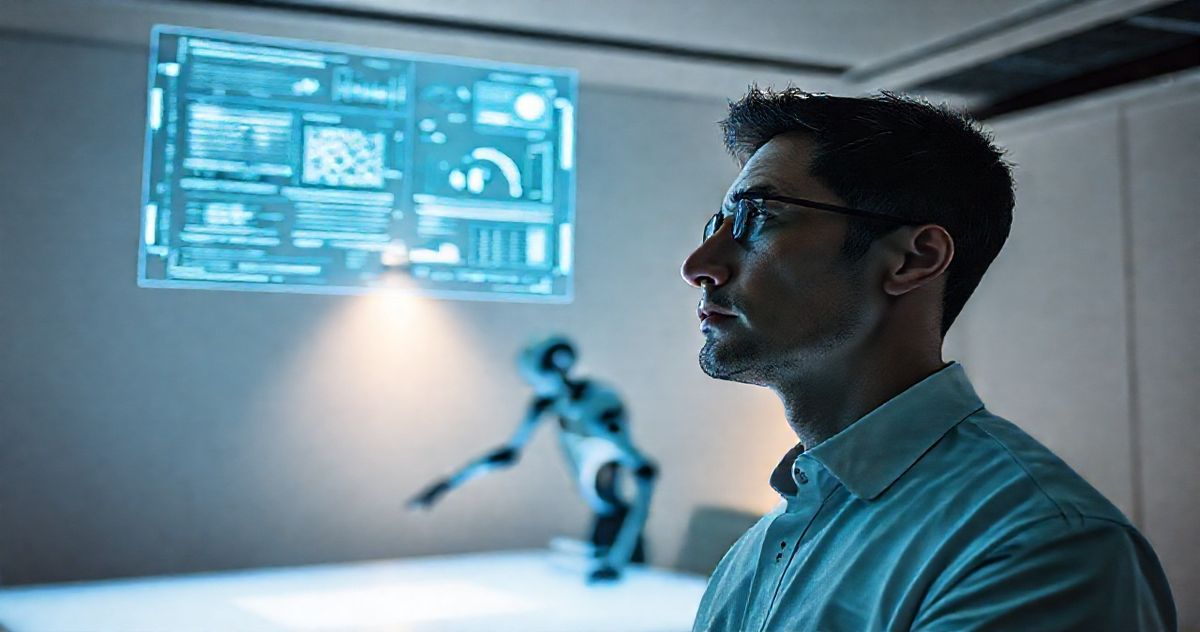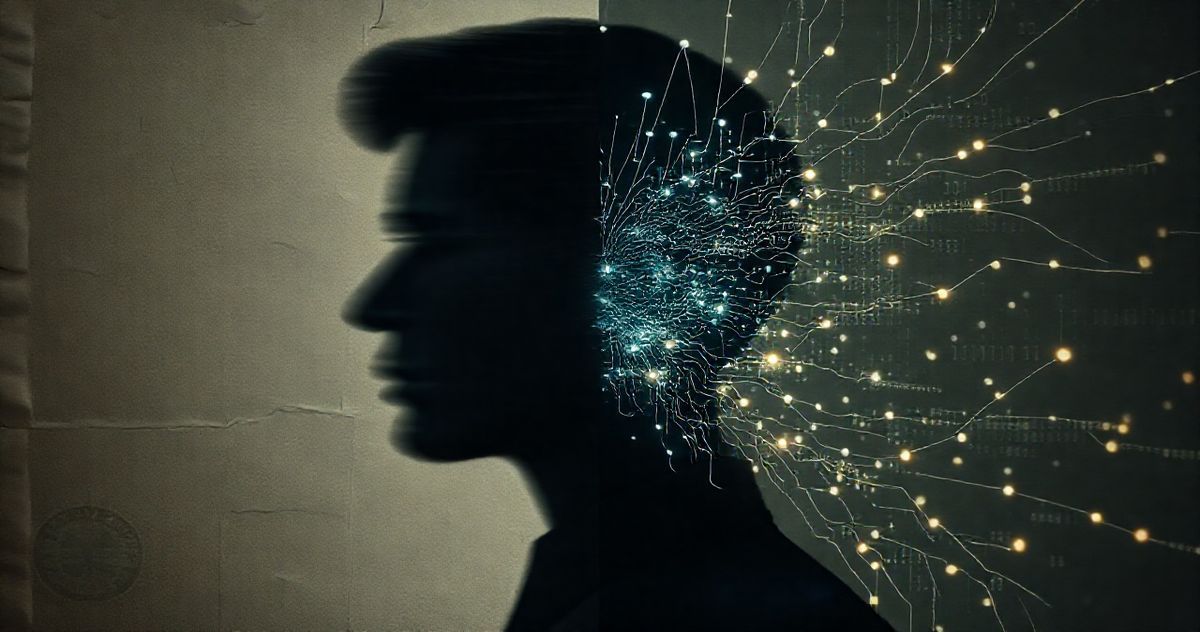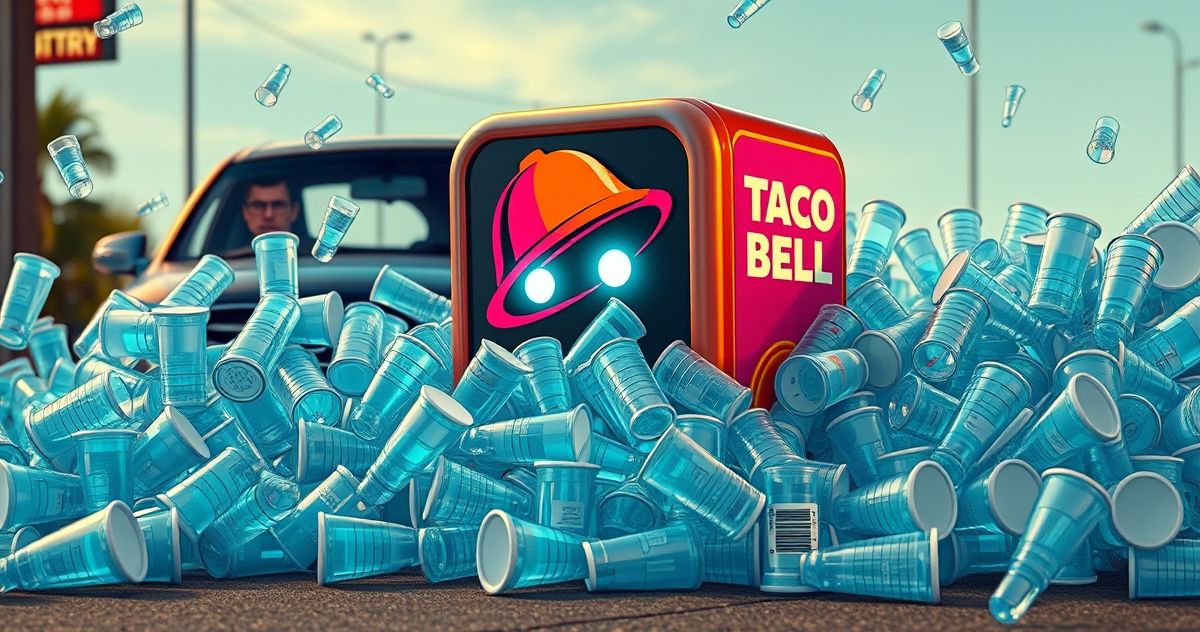Did you know false information travels way faster than truth online? It’s a wild thought, right? We’re swimming in a sea of posts every day. Sometimes, old, debunked ideas suddenly get a huge spotlight. Recently, headlines showed a prominent public figure seemingly echoing a theory: vaccines are “artificially spiking” autism rates. This claim has been around, and science has thoroughly disproven it repeatedly. But when someone with a big platform picks it up, the game changes. These ideas spread fast and gain massive attention. It makes you wonder, doesn’t it? How do such claims get a strong foothold, even after being shown false? What does it mean for us, trying to figure out what’s real in our digital lives?
The Echo Chamber Effect Online
Think about your social media feed. What do you see? Likely, it’s stuff aligning with your beliefs or your friends’ beliefs. This isn’t accidental. Algorithms are smart. They learn what you like, what keeps you scrolling. So, they show you more of that. It’s an echo chamber. You hear similar thoughts bounced back. This is comforting, but it means if a flawed narrative starts in your bubble, it gets reinforced. Factual information struggles to break through if it doesn’t fit. This is how theories, however wild, build loyal followings without challenge. It’s not about truth; it’s about what gets seen.
Why Do These Ideas Take Hold?
Why do people latch onto these ideas? It’s not always about gullibility. Life is complex. We seek answers, especially when things feel uncertain. A simple explanation, even if wrong, can feel more satisfying than a complex truth. There’s also natural distrust of big institutions: government, corporations, even mainstream science. When a prominent voice says, “They don’t want you to know,” it resonates with people feeling unheard. These claims often tap into strong emotions like fear or a desire for control. They offer an ‘us vs. them’ narrative. When a well-known person lends their voice, it gets a massive credibility boost, even if they aren’t an expert. Their platform makes it seem legitimate to many.
The Stakes Are High
It might seem like just talk, just opinions online. But the stakes are incredibly high. Unproven public health theories gaining traction have real, harmful consequences. People make important health decisions based on what they hear. If enough people believe something untrue, it impacts entire communities. It erodes trust in established science and experts. This isn’t just about political disagreements; it’s about our collective well-being. Consider the countless hours scientists research. Ignoring that evidence, especially from non-experts, sets us back. It makes solving real problems harder when we can’t agree on basic facts.
Navigating the Digital Fog
It feels overwhelming, right? Sorting through information, finding solid ground in all the noise. But we aren’t powerless. We can be smarter consumers of information. It starts with skepticism, especially for things that sound too good, too simple, or too shocking.
Here are a few quick tips to cut through the digital fog:
* **Check the Source:** Who posted this? Reputable news, scientific journal, or random opinion? Any agenda?
* **Look Beyond the Headline:** Headlines often grab attention. Read the whole article. Does the content support the claim?
* **Cross-Reference:** Is this information on other reliable sites? Be wary if only one obscure source reports it.
* **Mind the Emotion:** If a post makes you intensely angry, scared, or overjoyed, pause. Emotional content spreads fast, but isn’t always accurate.
* **Consult Fact-Checkers:** Sites like Snopes, PolitiFact, and factcheck.org debunk common misinformation.
My Uncle Dave, usually level-headed, once started telling us 5G caused mysterious illnesses. He’d seen a video; it “made sense.” He bought special phone stickers, convinced they protected him. My engineer cousin tried to explain radio waves, but Uncle Dave just shook his head. “They don’t want you to know,” he insisted, convinced of a grand cover-up. He wasn’t bad, just worried. He’d fallen into an online rabbit hole. Constant confirming videos made it seem like truth. It took months of gentle talks from family, and him seeing real experts on a science show, to even question his strong beliefs. It showed me the power of online narratives, and how hard it is to pull someone back.
It’s tough to navigate when fact and fiction blur. When public figures amplify claims without scientific backing, it doesn’t just spread an idea. It undermines how we collectively understand our world and solve real problems. We all play a part. Every share, like, comment, contributes to information flow. Being mindful of what we consume and share isn’t just smart; it’s being responsible citizens in this digital age.
So, how do we build a future where facts matter more than clicks, and critical thinking is our strongest defense against digital noise?
